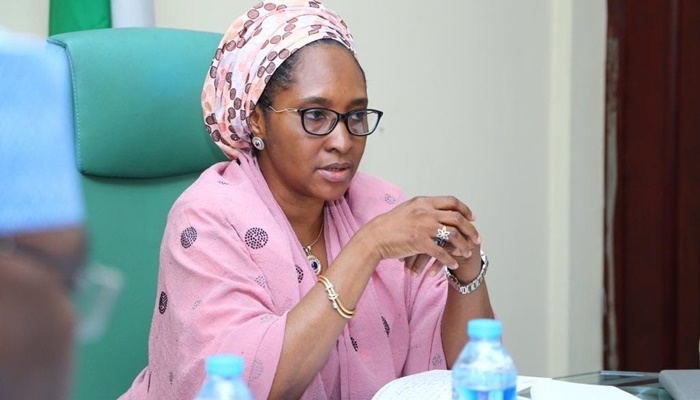
Nigeria’s request for a $1.5 billion budget support facility from the World Bank may not be granted approval in August as anticipated due to the concerns over desired reforms. This is according to sources privy to the talks which discussed with Reuters on Monday.
A delay in financing from multilateral lenders might render Africa’s largest economy and top oil producer, reeling from a record oil crash, incapable of funding its N10.8 trillion budget (the biggest ever) fully.
The World Bank, which had projected that Nigeria could be approaching its worst fiscal crisis in four decades, had planned to bring the loan before its board for approval this month, but the sources said negotiations concerning what Nigeria will do to obtain it were not complete.
‘They are not convinced about the reforms,’ a source close to the government said. All the three sources spoke on condition of anonymity because of the sensitivity of the talks. The source added that the currency was the key issue.
World Bank loans are usually dependent on reforms. The Washington-based multilateral lender has not outlined any demands but stated earlier it was ‘recommending’ a more consolidated, flexible exchange rate.
Fuel subsidies and electricity tariffs are also part of the talks. Another banking source said the loan might now not be approved until October.
The finance ministry directed queries to the World Bank. The lender said in a statement that discussions were at an advanced stage but said it had not tabled the request before the board.
‘Of particular importance are the steps the government is taking to marshal the needed fiscal resources for a pro-poor response to the crisis and undertake the reforms that will help ensure a robust recovery,’ the statement said.
Nigeria’s policy of shoring up the naira has become more expensive following the oil price slump, as the country depends on crude for 90 per cent of its foreign exchange.
It has devalued the local currency two times this year even though sources said that was not enough for the World Bank, which desired fuller reform of the naira policy.
The country also said it had ended fuel subsidies via a ‘floating’ price limit, but two of the sources said the World Bank felt the mechanism was not adequately transparent.






